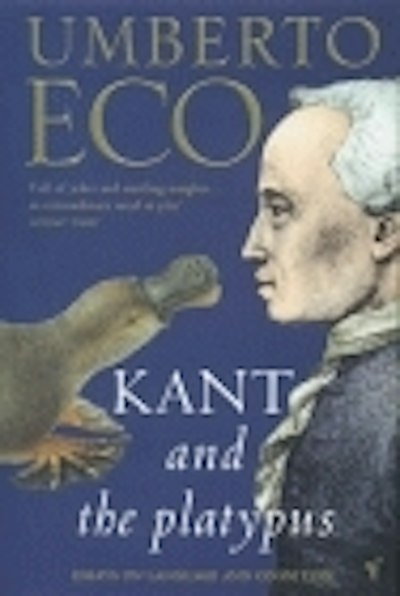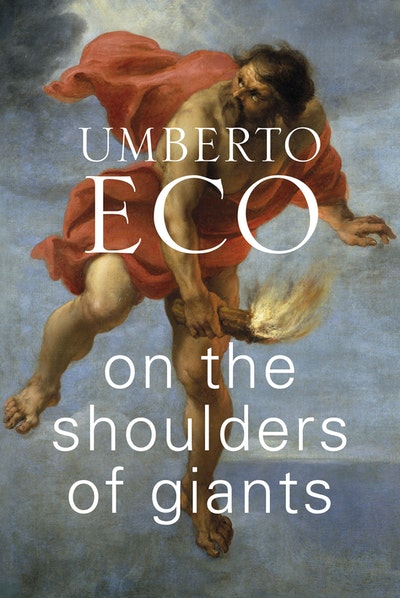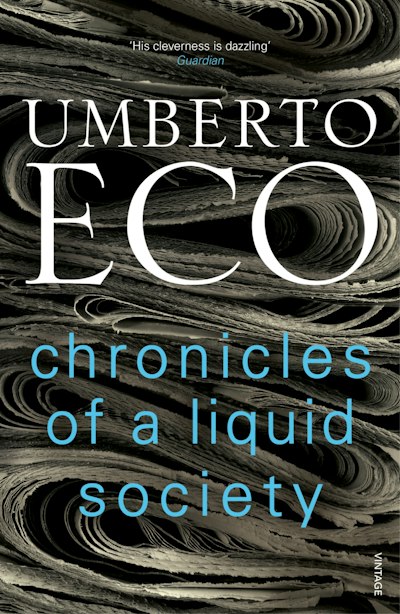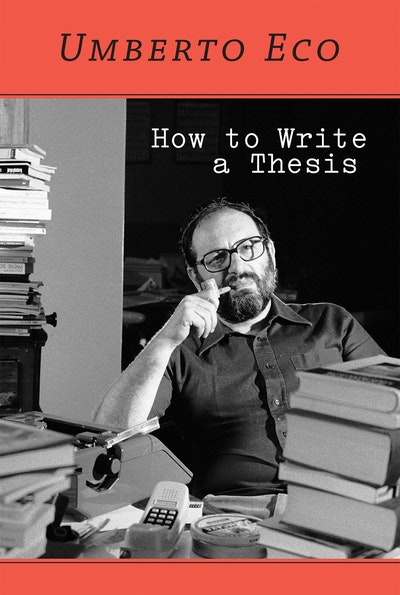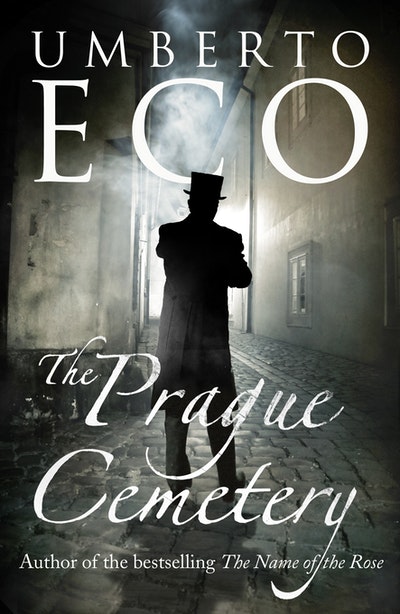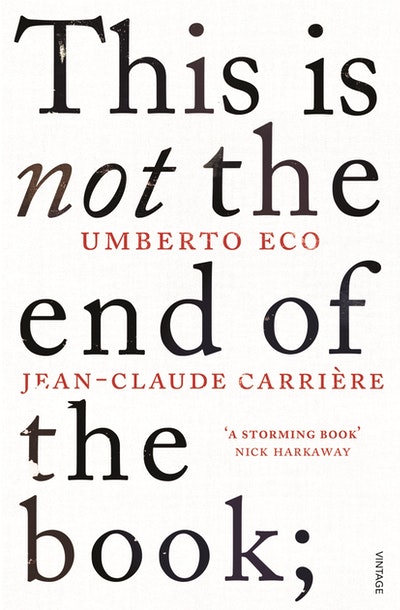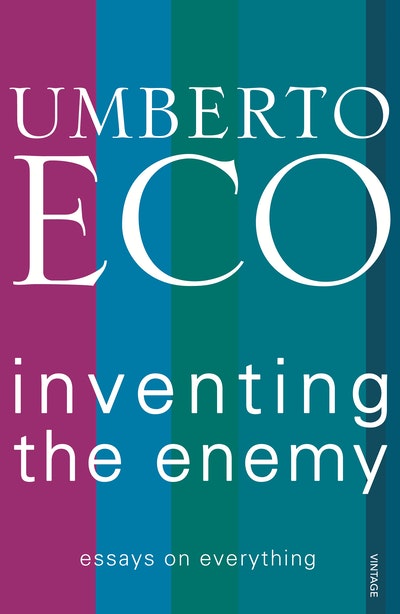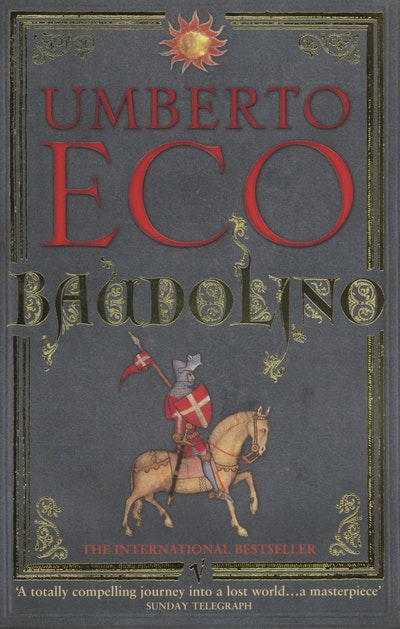Kant And The Platypus
- Published: 27 November 2014
- ISBN: 9781448182213
- Imprint: Vintage Digital
- Format: EBook
- Pages: 480
Full of jokes, conundra and startling insights...Eco has both moved with the times and moved his discipline along... Few will come to Kant and the Platypus for a bulletin on the world of literary theory...what the general reader will find here is an extraordinary mind at play
Sunday Times
A typical Eco book in its scope and vastness of ambition. In his hands, semiotics is transformed from a specialist branch of learning into a theory of everything...readers will not fail to be stimulated
Daily Telegraph
Eco's sensitivity to the mysteries of signification supplies the irony and perceptiveness of his essays. Here, he addresses the mysteries themselves. He does it in characteristic fashion, with wit and invention; but with serious intent too... Eco deploys all his skills of anecdote and illustration, pleasurably decorating an earnest and complicated matter
Financial Times
Umberto Eco is perhaps the leading contemporary representative of the philosophy of semiotics... The discussion is consistently fertile and provocative and provides a wealth of suggestive anecdotes and illustrations
Spectator
